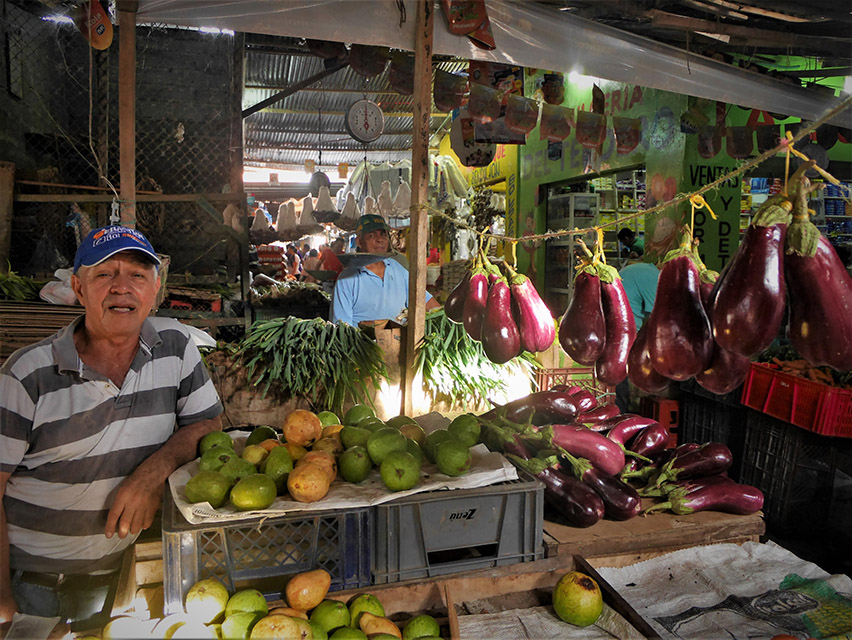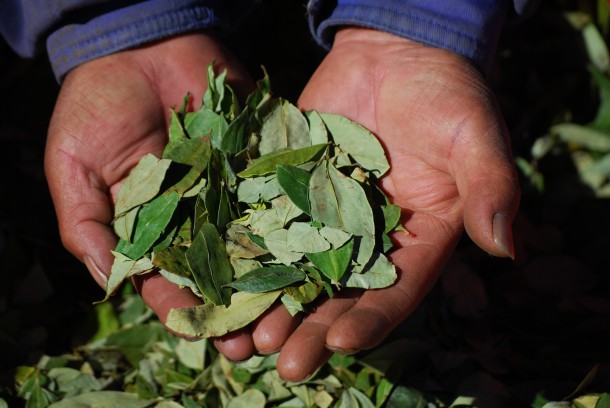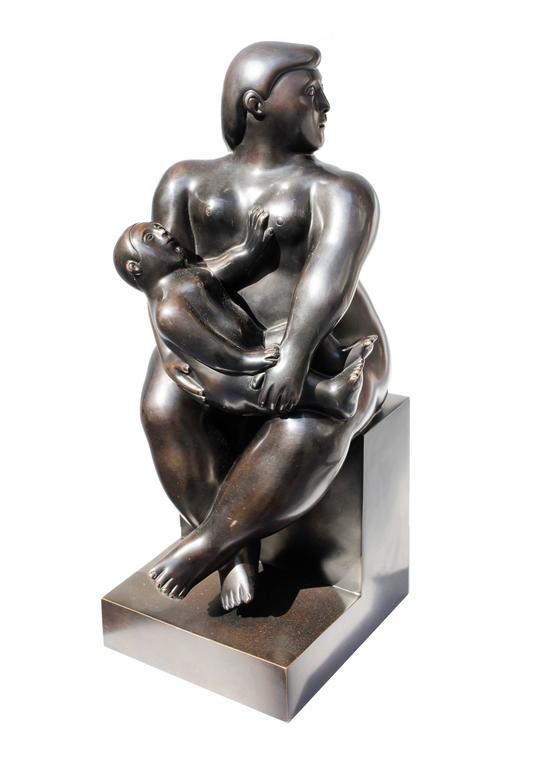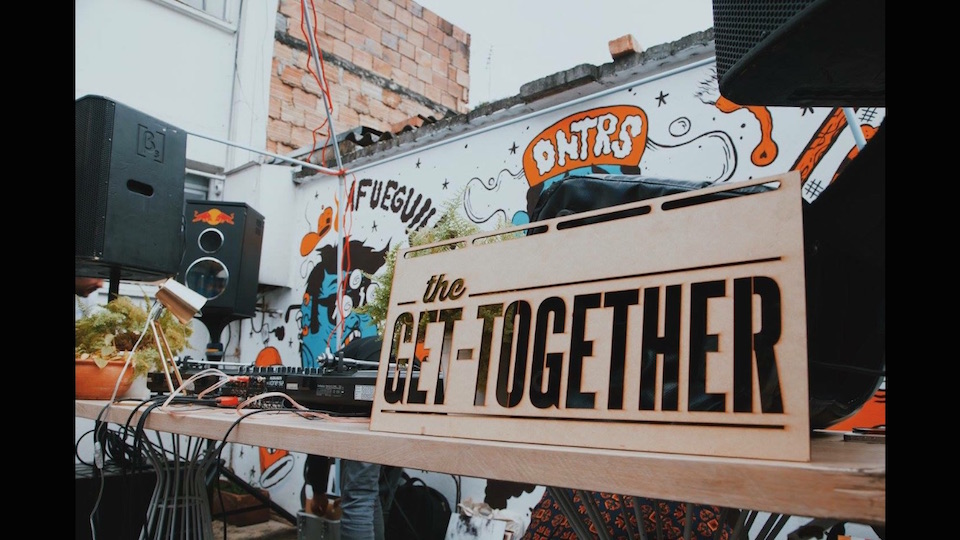
Gerald Barr shows us how to get the same deals as locals.
Being ripped off is a common gripe, and with reason. But there are benefits to becoming a regular face – or employing a bit of wit.
Overcharging happens in almost every city in the world. While it’s not as rampant in Bogotá as in many cities, I do sometimes think that the fun side of going to small shops here is watching the faces of the assistants as they work out how much to push up the price. You can almost hear them thinking: “Hmmm, this guy isn’t from around here, and probably won’t come back.”
This is not another foreigner whinge. Plenty of my local pals often moan: ‘Caramba, me tumbaron en la esquina’ (literally I was ‘knocked down’, but meaning I was ‘ripped off’).
And not only in Bogotá. One friend comes back from a wedding in Barranquilla narked at being fleeced in every tiendecita: “They will never admit it, but there is clearly a cachaco tax,” she says, referring to coastal term for people from the interior of the country.
Related: More pearls of wisdom from our resident columnist
Of course you don’t get overcharged all the time. But it happens often enough to turn a quick nip to the cornershop into a game of ‘The Price is Right’ as you try and guess the correct cost, figure out how much you are being skimmed, then decide whether or not to argue the toss with the shopkeeper. It doesn’t help that few shops bother to mark prices (which legally they should do).
My guess is that many shopkeepers keep costs down for their regular clients, but see new faces as a chance to make a bonus. If you are a foreigner that makes you a soft target as you are instantly labelled as transient and it’s assumed you are wealthy.
Added to which, all shoppers in Colombia are assessed by their appearances, their social status and the perception of what they can afford. The country’s estrato system, which ranks city blocks by their affluence, actually sets this precedent. The higher your estrato, the more you pay for services like electricity, gas, internet and phone bills.
Whether this differential creates a more equal society would make a good thesis for students of economics, but meanwhile it has some irritating side-effects, such as when I try and fail to get a phone line installed.
“Can you install a phone line, please?”
“No, your flat is in estrato 4 so you can only buy the phone-internet-TV-phone package with 10 gigas, 57 channels, HBO, HBO plus and ESPN.”
“But I just want a phone line, how do I do that?”
“We can only sell a phone line to estrato 3 and below. Your flat is in estrato 4 so you can only buy the phone-internet-TV-phone package with 10 gigas….”
I end the call as politely as possible and beat my fists on the wall.
So given the official ‘Robin Hood’ policy of fleecing anyone who looks like they might have money, it is hardly surprising that small traders get in on the act. Every person working behind the counter is tuned in to Bogotá’s subtle system.
Mind you, things don’t always go to plan – as happened recently in a hardware store in what was, for me, a different part of the city.
The guy behind the counter is middle-aged and self-assured, with a pencil behind his ear and an old radio blaring out Candela Esteréo FM. He has all the hallmarks of a serial price-hiker.
“What can I get su merced today?” he says, with an oily smile.
“A bottle of Varsol, please,” I reply. Varsol is a degreasing fluid that local cleaners swear by.
“That will be twelve thousand pesitos,” he says confidently, emerging from the shadows with a large bottle. Suddenly a voice pipes up from behind the counter: “Varsol is only eight thousand.”
The younger guy, bent down organising paint tins, is clearly new and has yet to learn how to rip off customers – or at least lacks the nous to not sabotage his older colleague. Or perhaps he doesn’t want to be part of it. I pay the eight thousand and thank the two of them.
“Always at your service, do come back,” says the older shopkeeper through gritted teeth. Of course his original premise – that he can charge me more because I am unlikely to come back – is now a self-fulfilling prophecy. I won’t be coming back.
But boycotting everywhere that overcharges me is not a workable policy as I will run out of places to shop. I could go to one of Bogotá’s large soulless centros comerciales, but where is the fun in that? And I do actively want to support local businesses.
One aspect of the overcharging that irritates me is its hidden nature. You expect to negotiate when buying a carpet in Istanbul, or a second-hand car in Vancouver, but no-one expects to have to barter for a bottle of cleaning fluid or a bag of nails. I have yet to find a Bogotá hardware store where they take you by the hand, offer you a cup of chai, and declare you the “lucky first customer of the day.” In fact, people get quite defensive when I suggest the price is too high. So if haggling is not an option, what other strategies are there?
One solution (and one used by many rolos) is to ask how much each and every item costs before you buy it, which gets quite tedious and explains the time it takes to get served as the customer in front of you ponders whether to go ahead with the transaction for two Chocoramos and a chocolatina jet.
Another is to try asking, in the first breath, for a “special discount for gringos.” This usually raises a laugh from the shopkeeper and other customers, and the comment: “Gringos! We usually charge them extra!” But by now the ice is broken and the issue clearly on the counter, hopefully along with the real price of whatever I’m buying.
At times this strategy has been richly rewarded. I was once buying spare parts for a truck and the rather startled shop assistant ran to the back office to “check with the owner if they give discounts for gringos.” The owner himself came out to deal with this strange request, and after some tinto, a long chat about world politics, football and old bullnose Mercedes trucks, he gave me a starter motor at wholesale price.
While this straightforward humour can be effective, in the end it is simply sticking around that brings benefits. I am a regular client in the shops near where I live and even regularly get a ñapa, those few extra items thrown in for free as a sign of good-will.
And now I am a familiar face in the nearest hardware shop where I buy a lot of things for various projects. The owner keeps the prices down, gives me lines of credit, and delivers bulky stuff free to my door in his classic Ford pickup.
Now my only worry is I’ve been here too long.
Gerald Barr first crossed into Colombia at the wheel of a Mercedes truck in 1994 to find himself pelted with flour bags and water-bombs at a local carnival. Despite this he came back regularly for work and travel in many corners of the country and to be constantly amazed and enchanted – but also frequently frustrated by ‘Locombia’, it’s crazy politics and its cultural quirks. He can’t live without it and now calls Bogotá his home.





